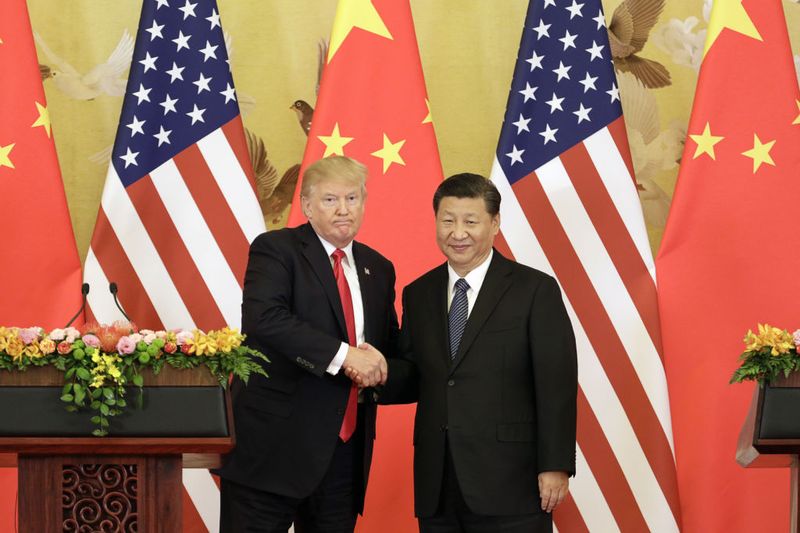China’s Foreign Ministry on Friday refuted a U.S. senator’s accusation of a “religious crackdown’’ targeting Christians and Muslims in China.
Reports said that Sen. Marco Rubio recently said in a statement that he was “deeply concerned by the escalating crackdown against Christians in China.”
Claiming that Muslims from Xinjiang Uygur Autonomous Region were being interned and forced into labour, he said China’s efforts to “sinicise” religion were taking a devastating human toll.
“Rubio’s statement is sheer nonsense,” Foreign Ministry Spokesperson, Hua Chunying said at a routine news conference. “This is at best a further example of the arrogance and self-righteousness of some people of the United States.”
Hua said religions in China mainly include Buddhism, Taoism, Islam, Catholicism and Christianity.
He said that there were nearly 200 million religious believers, about 144,000 sites for religious activities registered in accordance with the law and more than 380,000 people ordained for religious duties.
“Chinese citizens enjoy full freedom of religious beliefs in accordance with the law,” she added.
“Has the senator ever been to China, to Xinjiang? Does he understand the role and significance of vocational training in Xinjiang in preventing and combating violence, terrorism and extremism? De-extremism and freedom of religious beliefs are completely different things,” Hua said.
“The preventive counter-terrorism and de-extremism measures taken by Chinese local governments are exactly aimed at protecting people from terrorism and extremism, and ensuring more ordinary people can fully enjoy normal freedom of religious beliefs,” Hua said.
Also, hundreds of Indonesians rallied on Friday outside the Chinese embassy in Jakarta to denounce China’s treatment of its Uighur Muslim minority.
The mainly Muslim protesters displayed banners calling for freedom for Muslims from the Uighur ethnic group in China’s far-western Xinjiang province.
“Let’s unite to free Uighur Muslims,” read one poster. Free East Turkestan,” said another, the term used by Uighur separatists for their region.
Calls are growing in Indonesia for the government to pressure China on the human rights violations against the Uighurs.
A UN panel in August said as many as one million Uighurs are being held in what appears to be a “massive internment camp.”
Beijing has spent decades trying to suppress pro-independence sentiment in Xinjiang province, home to millions of Muslims.
The Indonesian Foreign Ministry on Monday summoned China’s ambassador in Jakarta to raise concerns about the issue.
Foreign Ministry spokesman, Arrmanatha Nasir, said the Chinese deputy ambassador made assurances that the human rights of the Uighurs are being respected.
On Thursday, the Chinese embassy in Jakarta issued a statement denying accusations that Uighur Muslims were being sent to internment camps.
The statement said that the government had established “professional vocational training institutions” to teach citizens in Xinjiang Chinese, legal knowledge, and vocational skills to lure them away from extremism.
“Drawing on the anti-terrorism experience of the international community, China has taken a series of de-radicalisation measures,” it said.
“In some places, certain residents there have a limited command of the country’s common language and a limited sense or knowledge of the law.”
The embassy said “extremists and terrorists have plotted and conducted thousands of violent terrorist attacks,” including a riot on 5 July 2009, which killed 197 people in Urumqi, the capital city of the Xinjiang Uighur Autonomous Region.
Vice President, Jusuf Kalla, had previously said that China’s treatment of Uighurs was a domestic problem and Indonesia should not interfere.
Amnesty International said in a September report that repression in Xinjiang included mass internment, intrusive surveillance, political indoctrination and forced cultural assimilation against Uighurs, Kazakhs and other predominantly Muslim ethnic groups. (Xinhua/NAN)



Leave a Reply